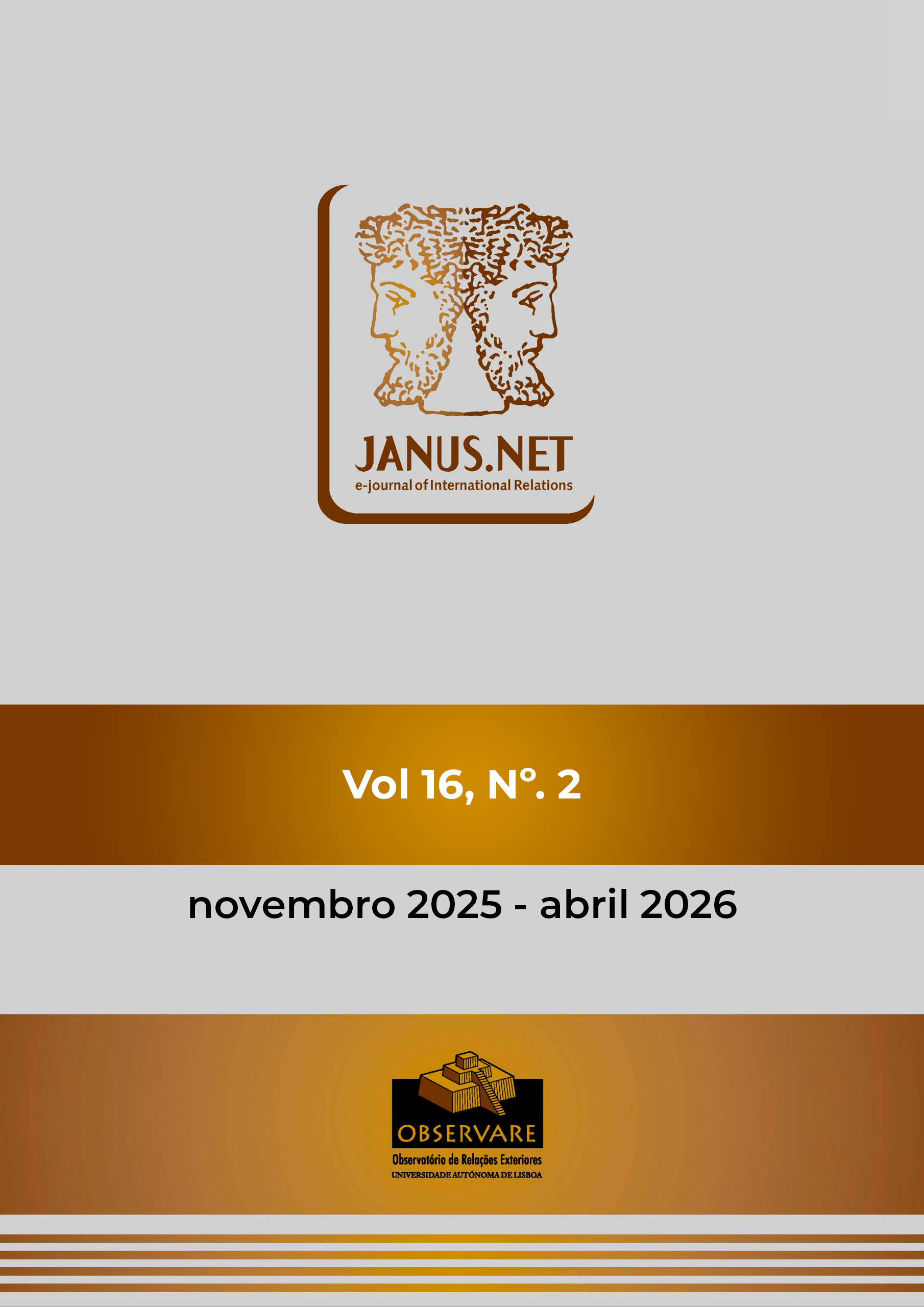BETWEEN VISAS AND TOURISM: SCIENTIFIC PRODUCTION, ANALYSIS, AND IMPLICATIONS FOR RESEARCH
DOI:
https://doi.org/10.26619/1647-7251.16.2.22Keywords:
Visa Policies, SDG 8.9 - Sustainable Tourism, Bibliometric Analysis, International Human Mobility, Public PoliciesAbstract
This study examines the relationship between visa policies and tourism, highlighting their relevance for global mobility and economic development. It aims to identify patterns and trends in scientific research on the topic, analysing how visa policies affect tourism flows and, consequently local economies. The methodology includes a bibliometric analysis of scientific production between 2000 and 2023, using Scopus, WoS and SciELO. The results highlight that visa policies have a significant impact on tourism, with implications for perceptions of safety, equity of access and sustainability. The implementation of technologies such as e-visa improves efficiency and user experience, although challenges remain in their widespread adoption. This analysis provides key information for designing more inclusive and effective public policies aimed at enhancing the benefits of global tourism while minimising its inequalities and adverse effects.


